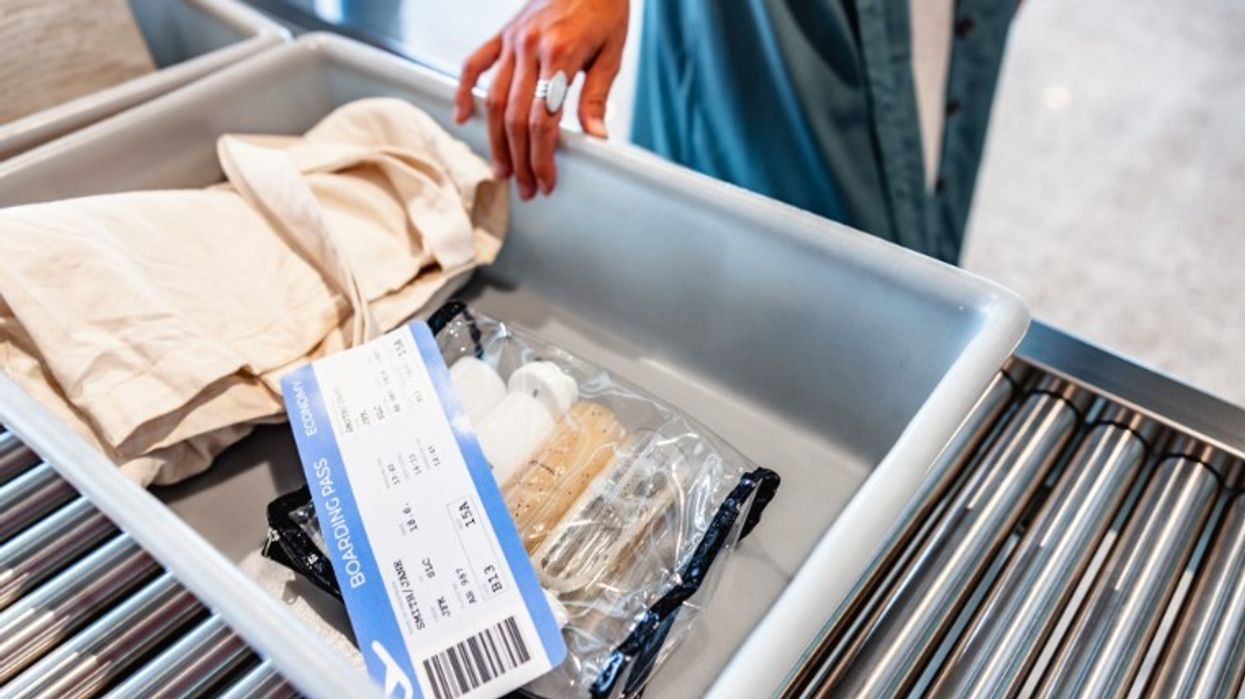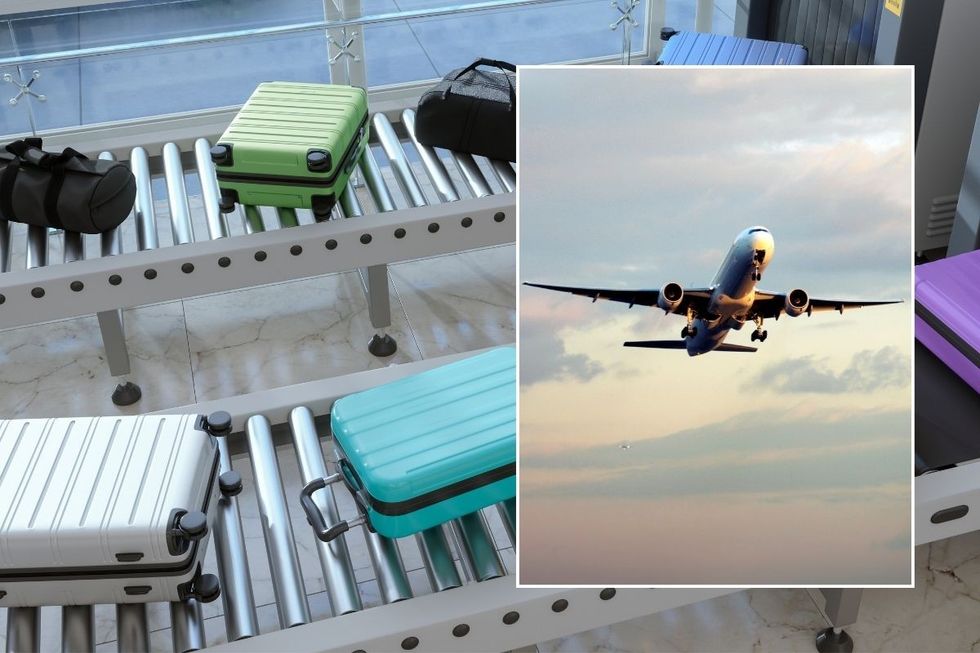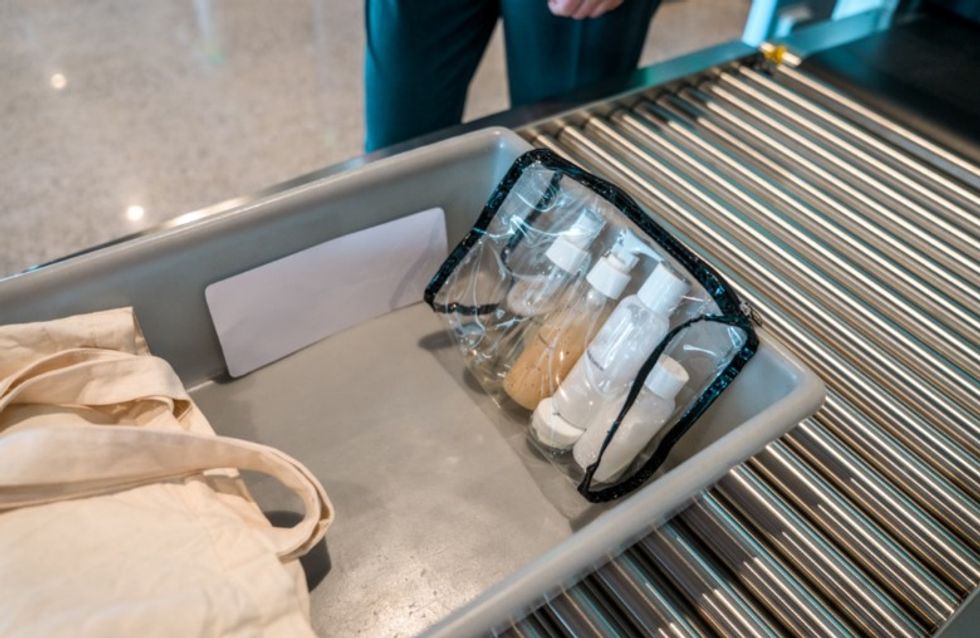Blow for tourists as EU airports reintroduce ban on liquids exceeding 100ml - here's what to know

The scanners are already in use at several European airports
|GETTY

Exceptions will be made for products like baby food and medicine
Don't Miss
Most Read
Plane passengers travelling within the European Union will be subjected to a change in liquid restrictions this September.
The announcement comes after authorities received information indicating that the "equipment does not meet the standard for which it has been approved”.
The new CT scanners, which allow passengers to carry larger volumes of liquids, are currently in use in major cities like Rome, Amsterdam and Berlin.
But the EU has decided to suspend the initiative “on the basis of information indicating that the performance thereof did not meet the standard for which it has been approved”.

The scanners are already in use at several European airports
|GETTY
Several airports across the UK were using the technology before the ban on 100ml liquids was reintroduced in June 2024.
The rule was reinstated after delays were reported in security checks at airports where the system was rolled out.
The transport secretary said that reverting to the 100ml rule was a temporary issue, but did not give a date on when this may change.
While the EU initially planned to phase out the rule over time, the new announcement is expected to cause dismay for airport staff.
The latest update means that passengers travelling through all EU airports will not be allowed to carry liquids, gels or aerosols in their hand luggage if they exceed 100ml.
According to the European Commission, the move has been introduced as a preventive measure until scanner software is improved.
While the revised rules will come into effect on September 1, exceptions will be made for certain products.
A statement on the European Commission’s website reads: “Exceptions are made for special diets, baby products and medicines.
“This restriction exists because traditional security equipment, like X-ray machines, cannot effectively detect liquid explosives.”
The European branch of the Airports Council International said it is doing all it can to ensure the technology comes into effect soon.
LATEST DEVELOPMENTS

Traditional security equipment cannot effectively detect liquid explosives
|GETTY
The latest technology, also known as the Explosive Detection Systems for Cabin Baggage (EDSCB), is better able to scan hand luggage.
This would have allowed passengers to travel with up to two litres of liquid, which could remain in luggage for screening.
Not only was the move expected to cut down queue times, but it also proved effective in reducing delays in airports where it is currently in effect.
It comes as the rollout of a new EU digital border system next autumn will require fingerprints and facial scans from British travellers on first use.










